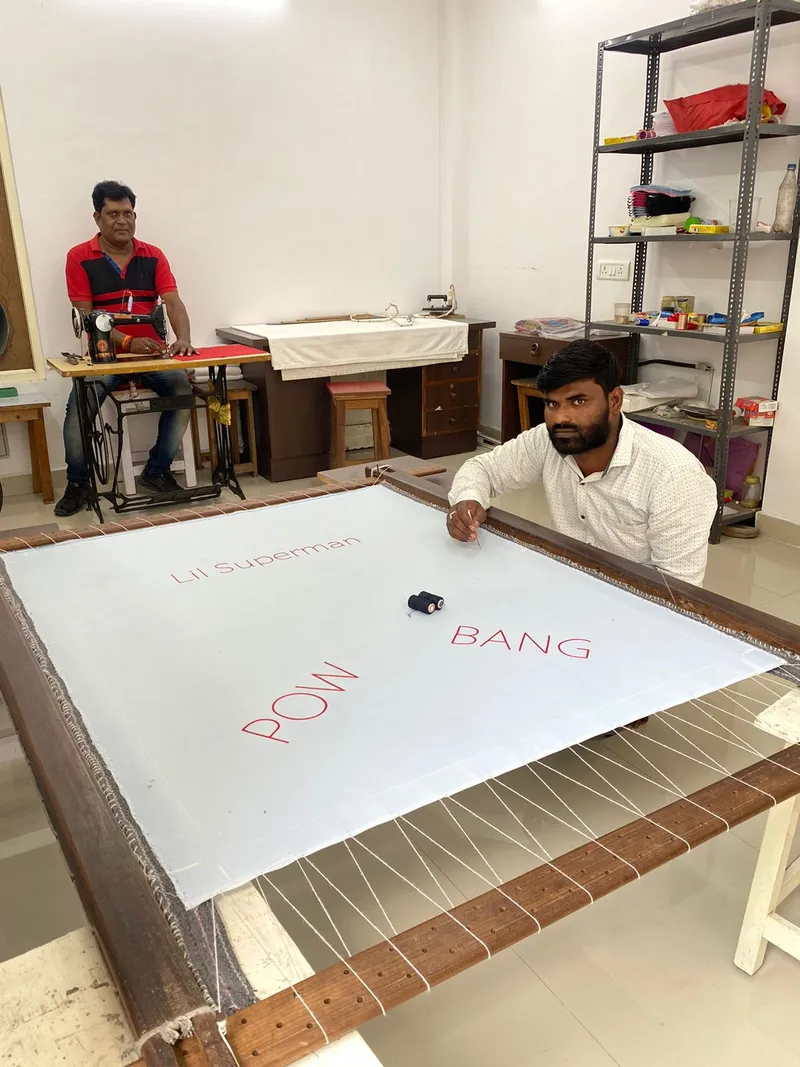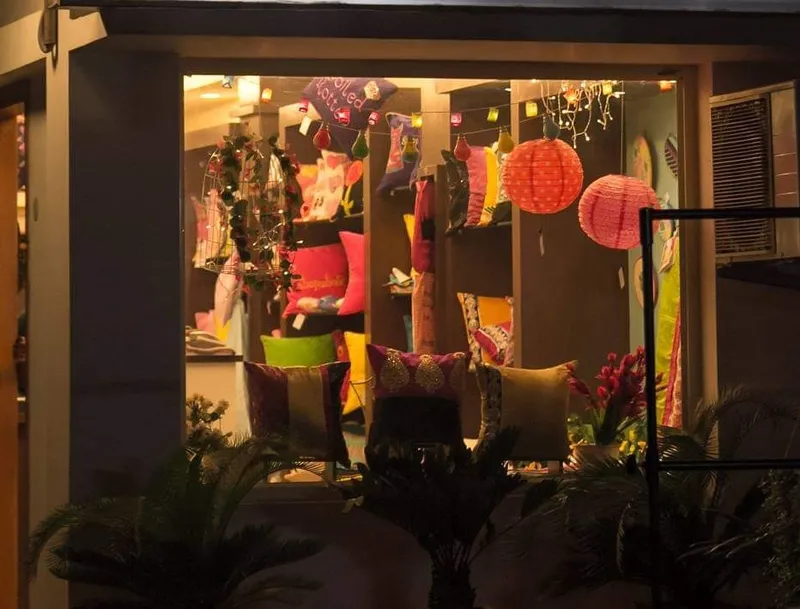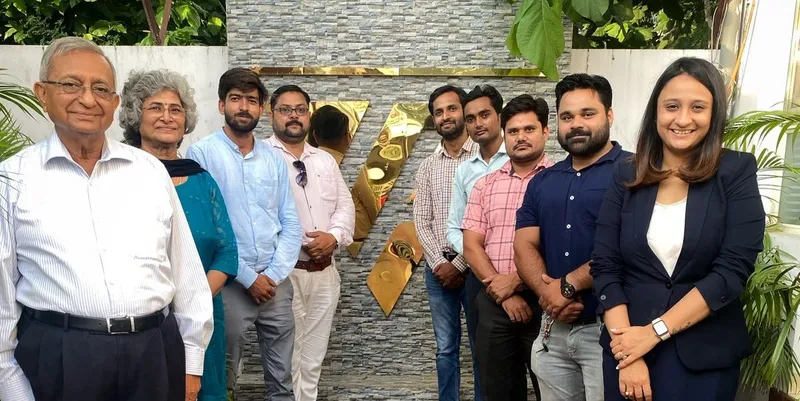[100 Emerging Women Leaders] How Geetanjali Bahadur went from working in corporates to running two businesses
Geetanjali Bahadur is the founder of Bandbox, a brand that offers lifestyle products such as apparel, accessories, and home and decor, among others. She is also the CEO of her family business, Triveni House.
Back in 2012, when Geetanjali Bahadur was in her early 20s, she was setting up her house. While she was exploring, the prevalence of unvarying decor options in the market caught her attention.
“All I could see were mundane home furnishing options. I wanted something quirky,” she says.
She completed her postgraduate degree in Fashion Management and Fashion Merchandising from Pearl Academy in 2008 and was working in the segment at the time.
However, she had always wanted to start something of her own. The more she looked, the more she realised that she could introduce what the Indian home decor space missed.
This is how came about in 2012. “We first put up a home decor manufacturing unit at my home in Lucknow,” Bahadur shares.
Bahadur’s target was the younger generation. “I wanted to cater to those who had gotten a job, or were setting up a new space or had gotten newly married,” she says.
“I realised that a lot of people, like me, wanted to make a statement home. They wanted their home to be a reflection of their personality,” she adds.

Bandbox Kaarigars
To make this come true, she banked on Lucknow’s artisans. “I also wanted to provide employment to them. So, I started involving women and people who did hand embroidery. Some could travel to our home unit, and some would do it in their villages,” she says.
Eventually, people started noticing her brand. Bahadur was elated and now confident to go full in.
The journey did come with a set of roadblocks, from scaling the brand to tackling societal gender-based bias, Bahadur had to pave her way through.
She recalls an incident where her husband accompanied her for one of her visits to vendors, and to her surprise, they were only communicating with him.
As discouraging as it was, today when she looks back, she says, “Don’t let those things impact you, don’t let them bog you down.”
Incidents like these also occurred within her social circles, where people would assume that she was at the back assisting her husband and not the one leading the venture.
Bahadur did not let these things bring her down and continued to focus on building Bandbox.
As the brand grew, she decided to grow the product portfolio. Today, along with the home decor, the brand offers accessories, bags, pet accessories, and apparel.

Bandbox Store
In 2018, Bahadur was encouraged by her family to step up and take hold of the family business, .
Bandbox and the family business were poles apart. Founded in 1972 by her father, Triveni House was in the electrical industry landscape.
“We work with energy products like cables and accessories, conductors, thermal imaging cameras, electrical enclosures, industrial plugs and sockets, along with other instruments used in industries,” Bahadur explains.
This meant tackling an entirely new industry. As a young child, Bahadur had never experienced an interest towards the field.
However, now that the opportunity presented itself, she decided to take it up. While the fear of whether it would work or not was there, she did not let it take over.
“I am somebody who likes to challenge herself. So, I thought, let’s do it, let's shake things up,” she says.
The journey ahead meant cutting through a male-dominated industry. “The notion was that she’s going to come and try and manage the business, but is she really going to get into the product?” she shares.
“9 out of 10 times when I’m sitting in a boardroom or in a meeting with the managing director or chairman, I am the only female. So, initially, it was a little intimidating,” she adds.

Triveni House Team
While bias existed in the fashion and retail industry, what was different this time was the lack of female faces.
Getting through this was a process, Bahadur shares, and it did not happen overnight. But she kept at it.
Today, as she looks back, she proudly shares, “Earlier, we were dealing in three verticals, now we have gone up to 12-13. Before I joined, our team consisted of six to seven people, now we are close to 20 people.”
She advises women leaders to not back down. “We need to hold our own fort. It is a patriarchal word, one baby step at a time,” she signs off.
Edited by Megha Reddy





![[100 Emerging Women Leaders] How Geetanjali Bahadur went from working in corporates to running two businesses](https://images.yourstory.com/cs/4/d6cc5c20076211ed91383927582c5cb0/NIKITAImageTaggingnoframesEditorialTeamMaster50-1678353372233.jpg?mode=crop&crop=faces&ar=2:1?width=3840&q=75)




![[Exclusive] Vauld to seek 3-month moratorium extension as creditors panel explores bailout options](https://images.yourstory.com/cs/2/a09f22505c6411ea9c48a10bad99c62f/VauldStoryCover-01-1667408888809.jpg)